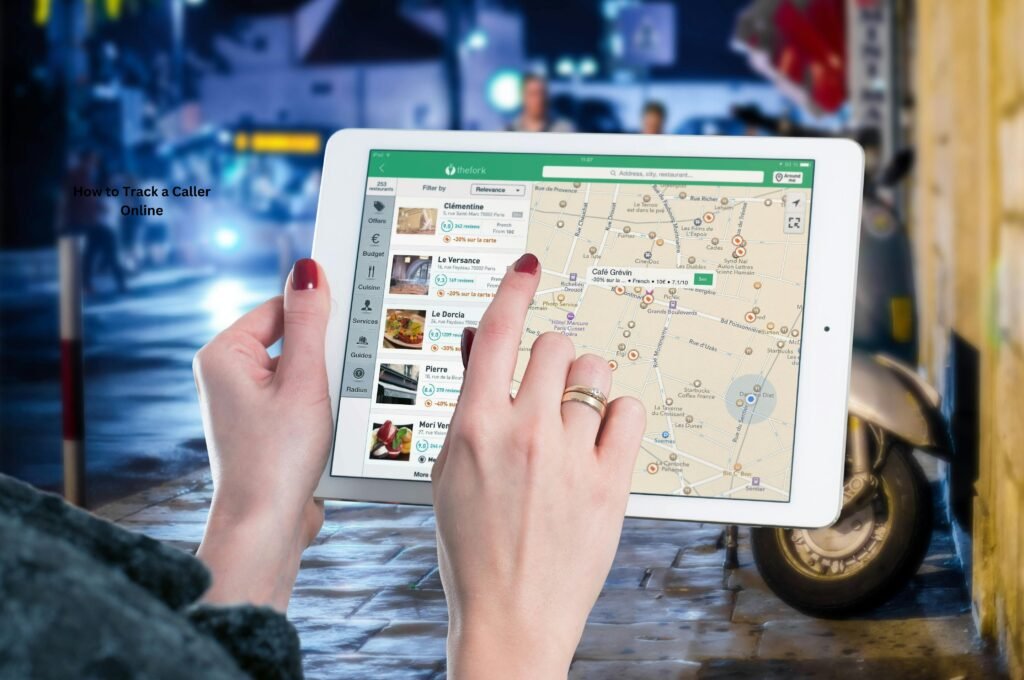In today’s digital age knowing how to track a caller can be a valuable skill for both personal and professional purposes. Whether you’re trying to identify unknown numbers manage unwanted calls or ensure the safety of your communication understanding caller tracking can provide you with the insights you need. This guide explores various methods and tools for tracking callers and highlights the importance of privacy and legality in the process.

What Does It Mean to Track a Caller?
Tracking a caller involves identifying and obtaining information about a phone number or the person behind it. This process can include discovering the caller name, location, and even their social media profiles. Caller tracking can be useful in a variety of scenarios from blocking spam calls to locating missing persons.
Why You Might Need to Track a Caller
- Identify Unknown Numbers: Avoid scams and unwanted solicitations by identifying unknown callers.
- Manage Communication: Improve your personal and business communication by knowing who is contacting you.
- Enhance Security: Ensure safety by tracking potentially threatening calls.
Methods to Track a Caller
1. Using Caller ID Services
Caller ID services display the caller’s number and in some cases their name. Many phone providers offer this feature as part of their standard service package. While it won’t always provide complete information it’s a good starting point.
2. Reverse Phone Lookup Services
Reverse phone lookup services allow you to input a phone number and retrieve information about the caller. Several well-liked reverse phone lookup services consist of:
- TrueCaller: Identifies unknown numbers and provides spam warnings.
- Whitepages: Offers detailed information including name, address, and more.
- Spokeo: combines information from social media and public documents.
3. Mobile Apps
There are various mobile apps designed to track callers. These apps often use databases and crowd-sourced information to identify and block spam calls. Examples include:
- Hiya: Identifies and blocks spam calls.
- Call Protect: Provides caller ID and spam protection.
- Nomorobo: Blocks robocalls and telemarketers.
4. Contact Your Phone Provider
In some cases your phone provider may offer advanced caller tracking features or services. Contact your provider to inquire about additional options or services they might offer.
5. Online Search Engines
Sometimes simply entering the phone number into a search engine can yield useful information. Many people list their phone numbers on public forums, websites, or social media, making it possible to find details through a basic web search.
Privacy and Legality Considerations
When tracking a caller it’s essential to adhere to privacy laws and regulations. Unauthorized tracking or invasion of someone’s privacy can lead to legal consequences. Always ensure that:
- You Have Consent: Only track numbers when you have the proper consent or legal right.
- You Respect Privacy: Avoid using tracking tools for malicious purposes or harassment.
Tips for Effective Caller Tracking
- Verify Information: Verify information’s accuracy by cross-referencing it from several sources.
- Update Tools Regularly: Keep your tracking tools and apps updated for the best performance and security.
- Stay Informed: Be aware of the latest trends and technologies in caller tracking to utilize the most effective methods.
Conclusion
Monitoring a caller can improve your communication management and yield insightful information. By utilizing caller ID services reverse phone lookup tools, mobile apps, and your phone provider’s features, you can effectively identify and manage calls. However, always be mindful of privacy and legal considerations to ensure that your tracking practices are ethical and lawful. You can also check sim owner detail of any network.
By following these guidelines and utilizing the right tools you can effectively track callers and make informed decisions about your communication.